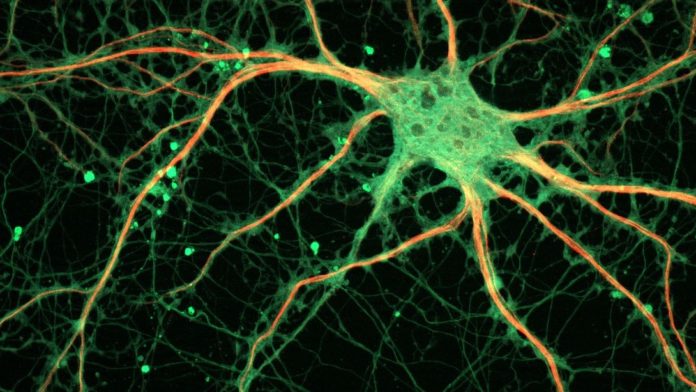BlueRock Therapeutics is an international company dedicated to developing engineered cell therapies for the fields of neurology, cardiology, and immunology.
The group uses their induced pluripotent stem cell (iPSC) platform known as CELL+GENE™ to treat major medical issues like Parkinson’s Disease, multiple sclerosis, Alzheimer’s, Duchenne muscular dystrophy, and congestive heart failure, among others.
Bluerock was founded in Toronto and catalyzed via a $225 million investment from Bayer and Versant in December 2016, and they now have operations in New York, Toronto, and Massachusetts.
IPSCs are sourced from adult skin or blood cells which are reprogrammed into a primitive stem cell-like state. They then regain the ability to differentiate into other target cell types.
These therapies can be used to replace damaged or degenerated tissue, thereby having the potential to restore lost function. For example, one application could be to reverse neural degeneration by reinnervating the brain of a patient with Parkinson’s Disease.
Cell therapy platform making headway with Parkinson’s
BlueRock’s CELL+GENE platform was designed to deliver stem cell therapies with high purity, potency, and specificity. Using healthy donor cells, universal iPSCs are developed as the basis of the technology. The cells are then further enhanced via bioprocessing to create stable master cell banks that are “capable of virtually unlimited expansion and differentiation into any cell type in the body,” according to their website.
Through their collaborators, the company has access to cutting-edge methods for creating authentic cell types in the three fields they specialize in.
BlueRock’s primary focus is currently on Parkinson’s Disease. Preclinical research using their patented technology has demonstrated significant improvements in motor functionality and increased dopamine production via stem cell-derived neurons (dopamine deficiency is a suspected culprit of the disease).
Other programs are looking at repairing the damage done by degenerative heart disease and autoimmune-related issues like fibrosis. A status bar detailing the progress made in each area can be found here.
Bayer acquisition
In August 2019, Bayer closed a deal with BlueRock that advanced their stake in the company from 40.8% to full ownership. The investment from the German pharmaceutical giant has brought the total value of the company to circa $1.39 billion CAD. Bayer noted in the press release that BlueRock will continue to operate independently as a company.
BlueRock’s close relationship with the University Health Network (UHN) in Toronto, a well-funded, world-class centre for clinical research, was one of the main initial attractions for Versant and Bayer as investors. Co-founders Gordon Keller and Michael Laflamme are both UHN researchers.
“This latest investment will help BlueRock advance the development of revolutionary and best-in-class cell therapies for patients,” commented Brad Wouters, Executive Vice President of Science and Research at UHN.
“It is a great example of the wealth of opportunities available in Toronto and at UHN, and it illustrates how basic research can lay the foundation for success.”








































